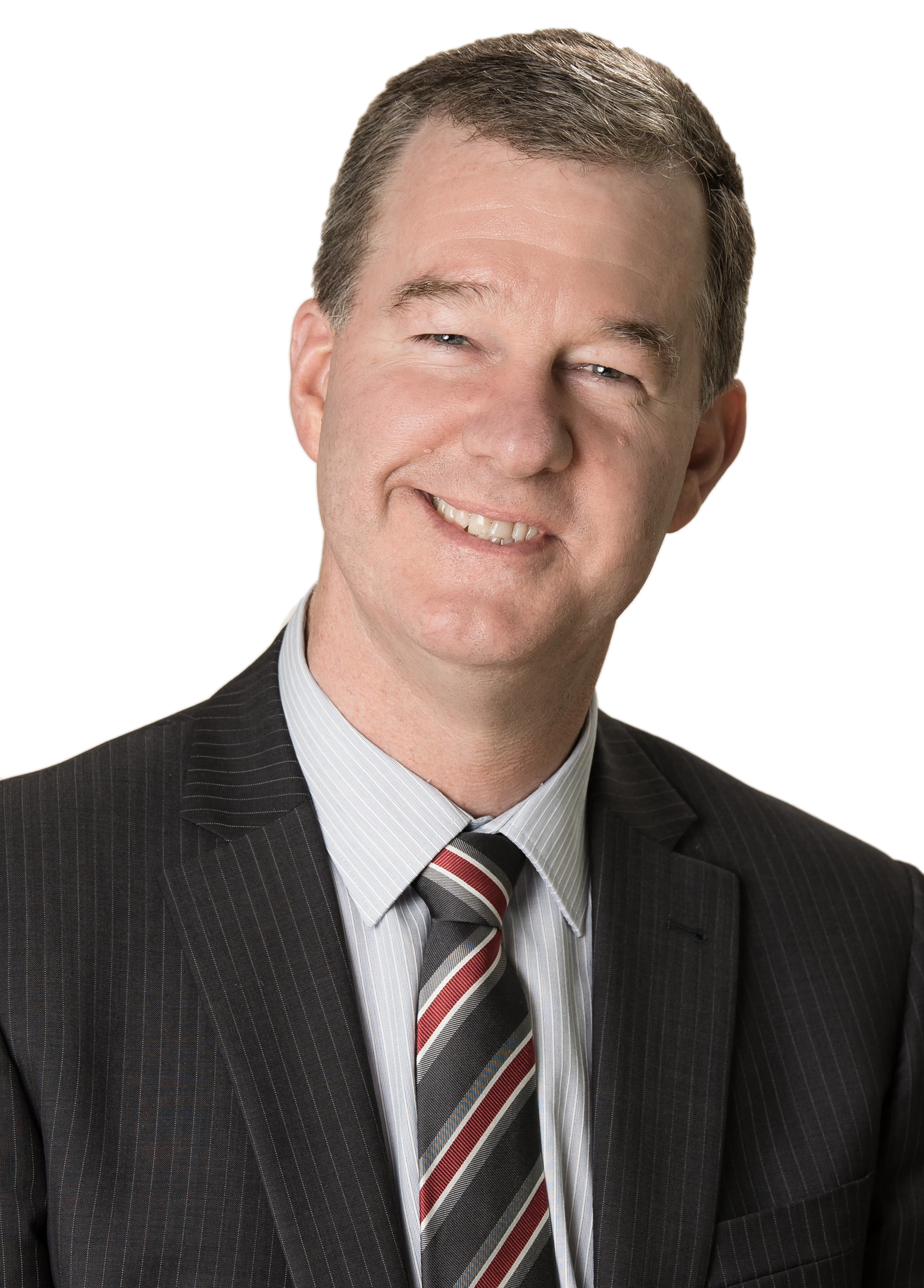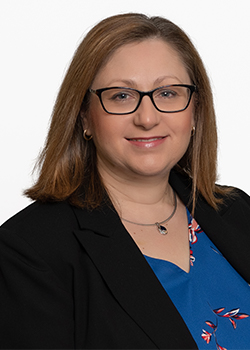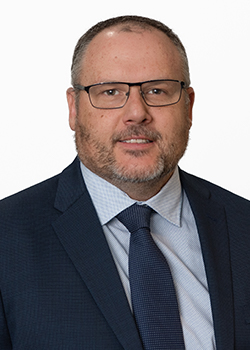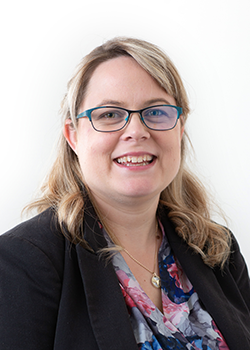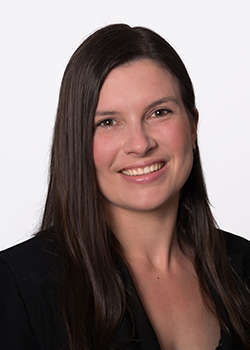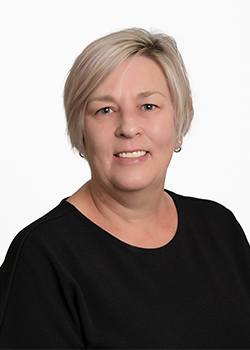Retire on your own terms and not the market's

If you had invested $10,000 in Australian shares on 31 October 2009 without any further contributions or withdrawals, you would have experienced an average of 8.3% annualised rate of return and ended up with $22,278 a decade later on 31 October 2019.
Obviously, the numbers change once you start withdrawing income.
Unforeseen events such as market downturns can shorten the lifespan of your retirement portfolio if you withdraw funds to pay bills during a period of falling share values. The market downturn not only impacts the value of your portfolio but the regular withdrawal of funds to pay for everyday expenses (exactly what your retirement portfolio was meant to do) means that the capital left in your portfolio to help earn gains when the market eventually rebounds, is also diminished.
If the market downturn continues into the beginning of your retirement years, during which a high proportion of negative returns occur, it can have a lasting negative effect, ultimately reducing the amount of income you can withdraw over your lifetime. This is known as the sequence of returns risk.
Fortunately, there are number of straightforward strategies that can limit the odds that investors will fall into the downturn trap.
An approach that has been rather successful in the US is the target date fund model, which works to derisk an investment portfolio based on a 'target date' for retirement with the fund. The concept has been gaining momentum here in Australia and superannuation funds typically base these products on a 'lifecycle design'.
Vanguard's US target date fund glide-path takes place over four stages and constructs a portfolio based on balancing market, inflation, and longevity risks in an efficient and transparent manner over an investor's life cycle. Investors are generally split into four phases beginning at those aged 40 years and younger, and gradually moving towards the fourth and final retirement phase. The first phase considers the time horizon of an investor in the early stages of their career, thus allocating up to 90 percent of the portfolio to equities. Phases 2 and 3 gradually de-risk the portfolio away from equities before the retirement phase.
Phase 1 starts with an allocation of around 90 percent to equities and then commences de-risking during the mid to late career phase. Phase 3 encompasses the transition to retirement phase, where the portfolio de-risks further before reaching a landing point in the final retirement phase.
While this is a sound concept, it could have adverse effects if not implemented properly. For instance, being too conservative in the investment approach during the early years of one's career or too aggressive as one approaches retirement. The objective of this asset allocation model is to avoid being either extreme end of the spectrum and to adequately diversify where possible.
Having a proper asset allocation strategy will improve the odds that your retirement portfolio will endure but you may want to investigate other methods that also achieve this goal.
Whichever strategy you choose, finding a way to curb the effects of volatility on your retirement portfolio may improve your odds of retiring on your own terms and not the market's.
Written by Robin Bowerman
Head of Corporate Affairs at Vanguard.
09 December 2019
vanguardinvestments.com.au

